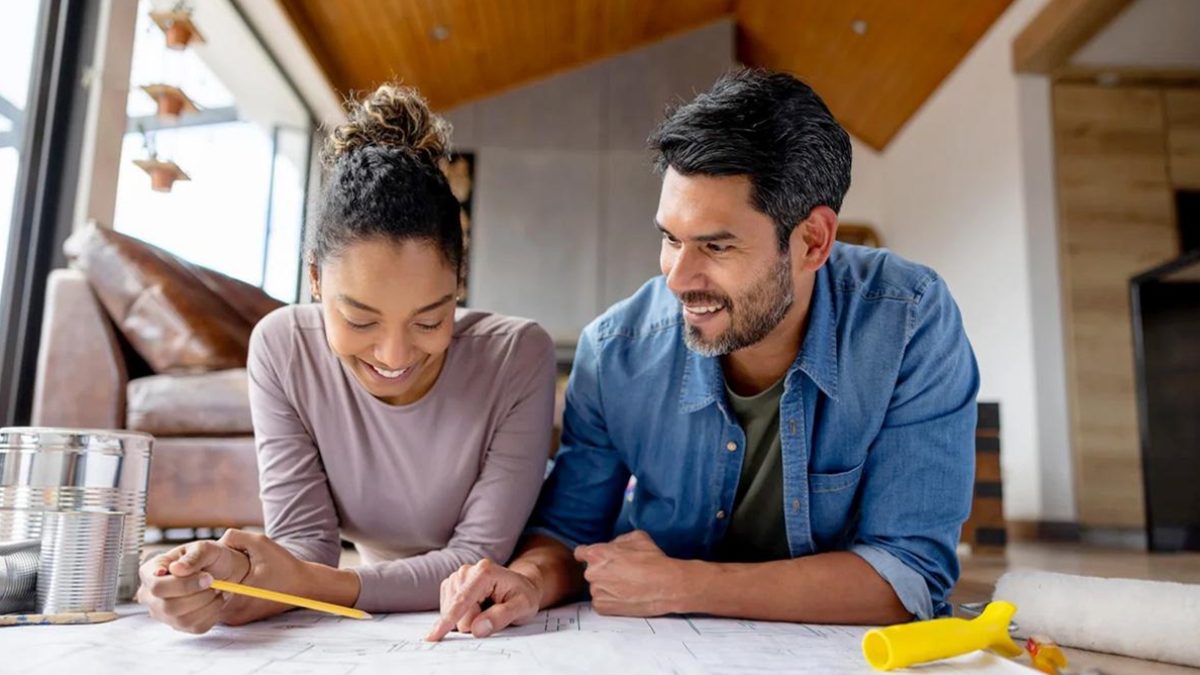Considering home improvements? While upgrades can enhance your living space and increase property value, it’s crucial to grasp their potential tax implications. Renovations like adding square footage or luxury amenities can inadvertently raise property taxes.
In this guide, we’ll explore such common improvements, aiding informed decisions. Additionally, remember that additions like pergolas may affect property taxes, highlighting the importance of careful consideration before proceeding with enhancements.
Table of Contents
Adding Square Footage
Expanding your home’s footprint, whether by adding rooms or extending existing ones, can markedly elevate its assessed value. Assessors commonly rely on square footage as a pivotal criterion when calculating property taxes. Consequently, any augmentation in square footage is poised to lead to heightened tax obligations. It’s vital to consider this impact carefully before undertaking such renovations to ensure alignment with your financial plans and property goals.
Upgrading Luxury Amenities
Luxury amenities like a swimming pool, hot tub, or high-end kitchen appliances can substantially enhance your property’s allure and value, potentially triggering an increase in property taxes. These additions are coveted by buyers and are viewed as premium features that enhance the overall quality of your home. However, it’s essential to weigh the added value against the potential tax implications to ensure they align with your financial objectives and long-term property plans.
Enhancing Overall Property Quality
Investing in upgrades like high-end finishes, hardwood floors, or custom cabinetry can significantly enhance your property’s assessed value. Assessors meticulously consider the quality of materials and craftsmanship, attributing added value accordingly when assessing property taxes. While these enhancements can elevate your home’s appeal and value, it’s essential to bear in mind the potential tax implications. Balancing these factors ensures that your investment aligns with your financial goals and enhances your property’s overall worth.
Installing Additional Bedrooms or Bathrooms
Adding bedrooms or bathrooms to your home can significantly increase its value and, consequently, your property taxes. Assessors typically assess properties based on the number of bedrooms and bathrooms, so adding more of these spaces can lead to a higher tax assessment.
Building Outdoor Structures
Constructing outdoor structures like decks, patios, or gazebos can enhance your property’s appeal and value. However, these additions may also increase your property taxes, as assessors consider them when evaluating your home’s overall worth.
Renovating Kitchens and Bathrooms
Remodeling kitchens and bathrooms can substantially raise your property’s value, as these are key areas that buyers often prioritize. As a result, assessors may increase your property taxes to reflect the added value brought about by these renovations.
Improving Energy Efficiency
Investing in energy-efficient upgrades such as solar panels, insulated windows, or energy-efficient appliances can enhance your home’s value while reducing energy costs. However, these improvements may also lead to higher property taxes, as assessors take into account the increased value associated with energy-efficient features.
In summary, while home improvements can enhance your living space and property value, it’s essential to be mindful of potential tax implications. Understanding how certain upgrades may affect your property taxes allows for informed decision-making, ensuring a balanced approach to enhancing your home. Additionally, it’s worth noting that landscaping improvements can also impact property taxes, further emphasizing the importance of careful consideration before undertaking any renovations.

